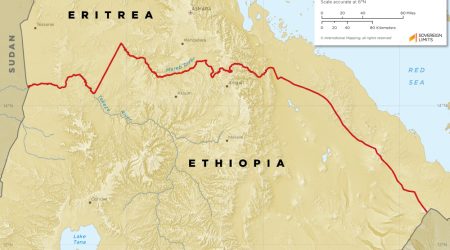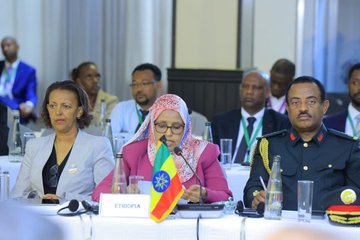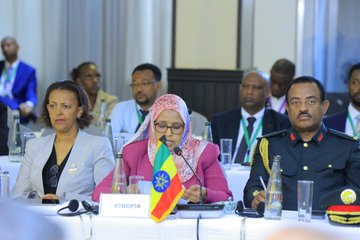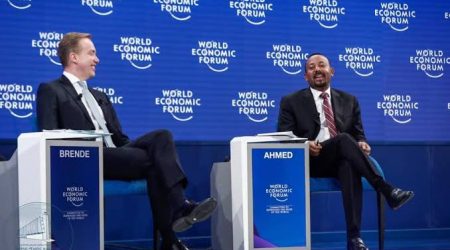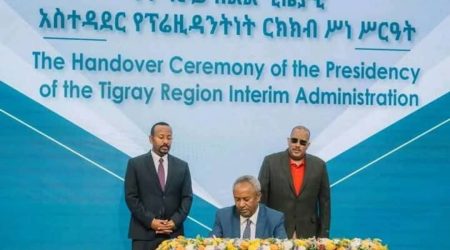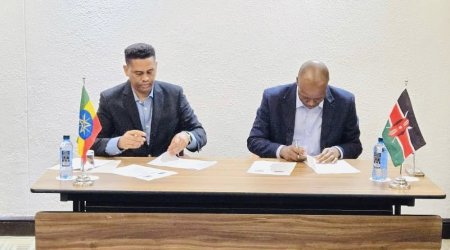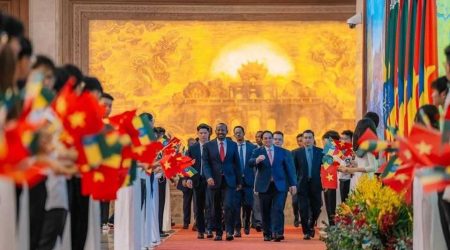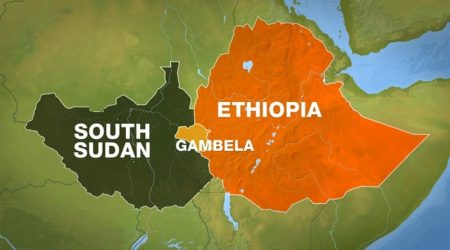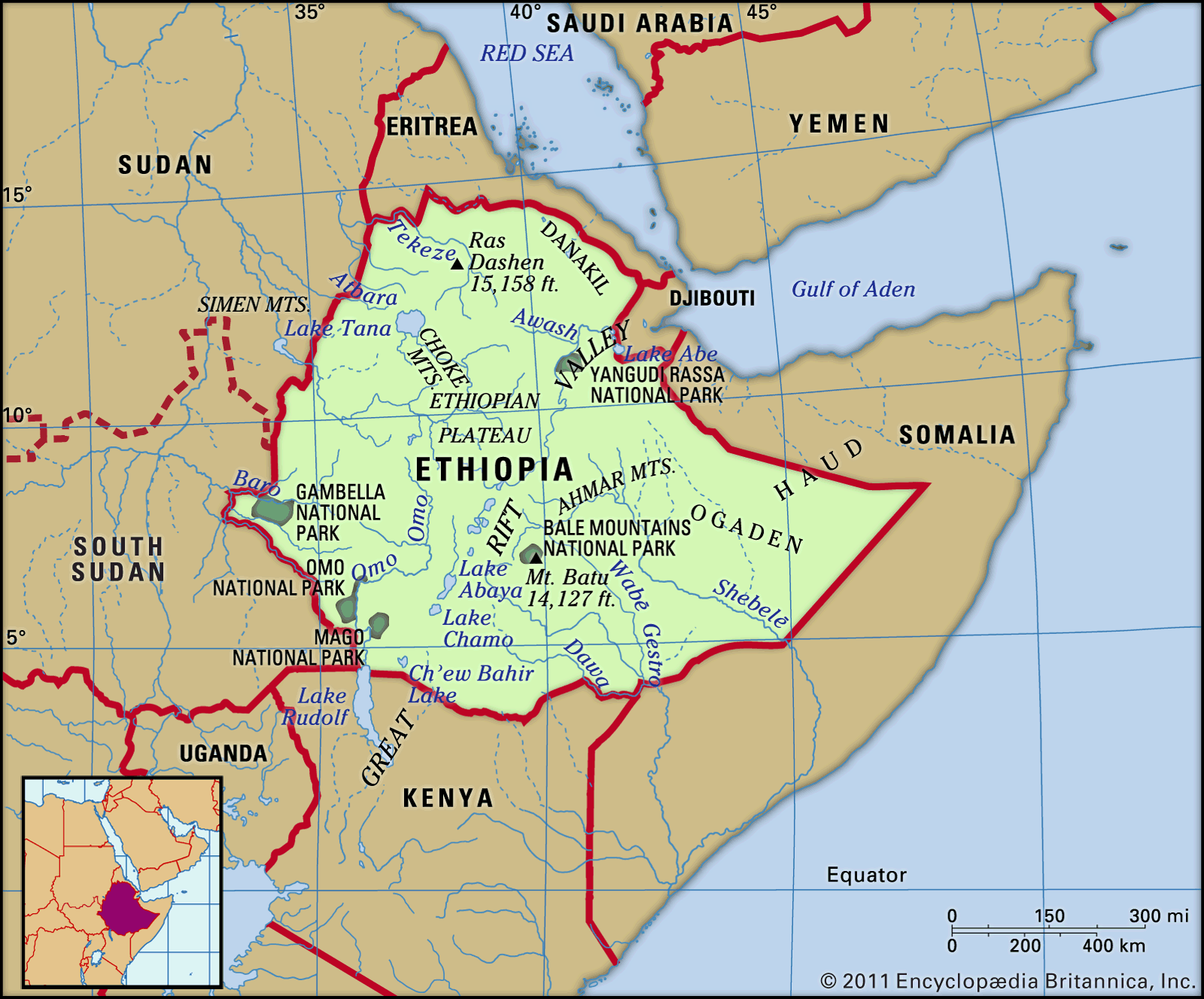
5
May
Ethiopia’s Vision: Beyond a Dated Divide, Toward Economic Sovereignty
The global discourse is shifting. A growing chorus now echoes the aspirations of a once-marginalized bloc, often labeled the “Global South.” For Ethiopia, this is not just a semantic evolution but a concrete step toward a more equitable and multipolar economic landscape. The country’s recent inclusion in the BRICS alliance, alongside Brazil, Russia, India, China, and South Africa, marks a decisive moment in its pursuit of self-determination and sustainable economic growth.
Historically, the binary between a dominant “Global North” and a dependent “Global South” has shaped international economic relations. In this paradigm, influence and resources flowed in one direction, and development pathways were largely dictated by a handful of powerful states. Ethiopia, however, envisions a future where these dynamics are no longer the norm, where emerging economies assert agency and actively reshape global governance.
BRICS, as an economic coalition, represents more than a counterweight to traditional power centers. It embodies a shared ambition to build a new global order, one rooted in mutual respect, national sovereignty, and equitable development. For Ethiopia, joining BRICS is not just about diversifying alliances; it’s about engaging with a platform that acknowledges the aspirations of countries seeking alternatives to legacy financial systems and frameworks that have historically marginalized them.
At the heart of Ethiopia’s engagement with BRICS is a commitment to economic sovereignty. This means strengthening domestic industries, investing in infrastructure, fostering innovation, and insulating the economy from external shocks. Economic independence is not about detachment from the global market, it’s about meaningful participation, where nations like Ethiopia can negotiate from a position of strength, not subservience.
Ethiopia also approaches its role in BRICS with a clear understanding of the complexities surrounding the term “Global South.” While the historical baggage of the label is undeniable, Ethiopia sees the current moment as an opportunity to forge new alliances that are based on shared development goals rather than outdated ideological divides. The focus is on creating a global economic architecture that is inclusive, responsive, and balanced, a system in which no nation’s progress is contingent on another’s control.
This shift toward multipolarity is more than strategic; it’s aspirational. Ethiopia’s trajectory within BRICS reflects its ambition to contribute to a global order where economic justice is not a rhetorical ideal but a guiding principle. By leveraging strategic partnerships and prioritizing domestic resilience, Ethiopia is positioning itself not just as a beneficiary of global change, but as an architect of it.
This is not about replacing one dependency with another. Ethiopia’s embrace of multipolarism is a conscious step toward writing its own economic future, on its own terms. In doing so, it sets an example for others: that self-determination, when paired with strategic collaboration, can fuel regional strength and global transformation.
Ethiopia’s path forward is bold, principled, and future-oriented. It signals the end of outdated power maps and the emergence of a global economy shaped by many, not dominated by a few. This is not merely a shift in alliances, it is the rise of a truly balanced world economy. And Ethiopia is stepping confidently into its role as both participant and shaper of that new world.
By Bethelhem Fikru,Researcher,Horn Review



